Photos: FW visits farms in Guinea
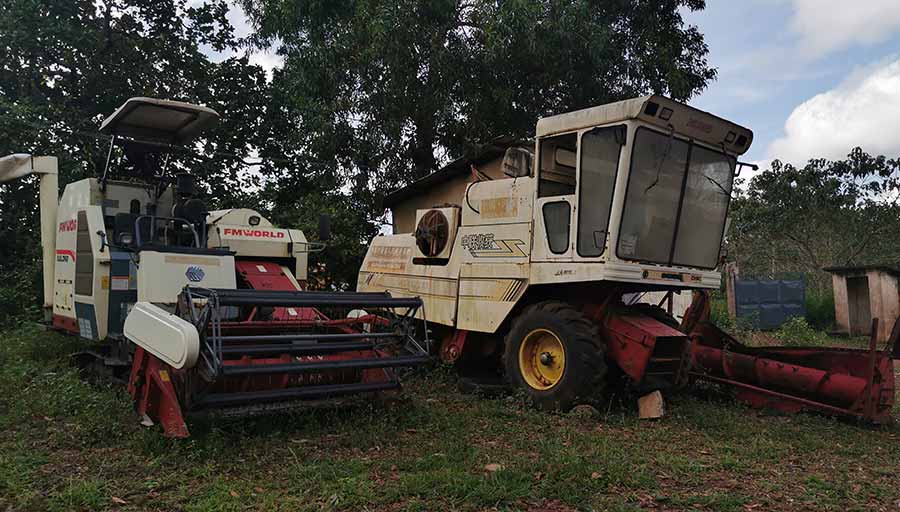 Dated China-made combines on a farm. Maintenance is a problem © MAG/Philip Case
Dated China-made combines on a farm. Maintenance is a problem © MAG/Philip Case Farmers Weekly chief reporter Philip Case travelled to Guinea in West Africa earlier this month for a study and press trip to find out about its agricultural sector.
The Association of Media and Agriculture for Rural Development (Amedar) in Guinea, invited four members of the British Guild of Agricultural Journalists (BGAJ) to visit the country to see first-hand the challenges its farming industry faces.
The visit included sharing knowledge with Guinean agricultural journalists; visits to the Ministries of Information, Agriculture and Livestock, Fisheries, and Environment; and visits to the farming regions of Kindia and Forécariah and agricultural production areas close to the capital city Conakry, including Koba in Boffa prefecture.
See also: How OSR growers are affected by Ukraine war and politics
Unlike many African countries, access to water is not a problem in Guinea. Some regions have six months of regular rainfall (June to November) and there are several large rivers which bisect the countryside.
Mining is a key driver of economic growth and Guinea hosts some of the world’s biggest mining companies, with bauxite, iron ore, gold and diamonds all offering lucrative markets.
However, the interim president, Colonel Mamady Doumbouya, appears to have realised agriculture is a sleeping giant.
In May, Col Doumbouya launched the Fonds de Développement Agricole (Foda), which aims to promote private investment in the agricultural sector, to allow better exploitation of Guinea’s agricultural potential and contribute to better farm incomes and food security.
Although about 85% of Guinea’s population are smallholders/subsistence agriculturalists, its farming sector needs major investment to move forwards.
Key constraints include access to land, access to finance, poor road and transport services, and an absence of cold storage and grain stores.
Investment needed
The sector requires heavy investment in mechanisation, sharing of expertise and technical advice, peer-to-peer learning, upskilling of the existing workforce and recruitment of fresh blood, better access to information, and high-speed broadband access in rural areas.
Guinean farmers have welcomed their president’s plans to invest in agriculture – in both the public and private spheres. But they now want to see these warm words translated into tangible actions.
Over the next few weeks, Farmers Weekly will be publishing news features, audio and video recounting Philip’s experiences in Guinea. In the meantime, here is a selection of photos taken during his tour.
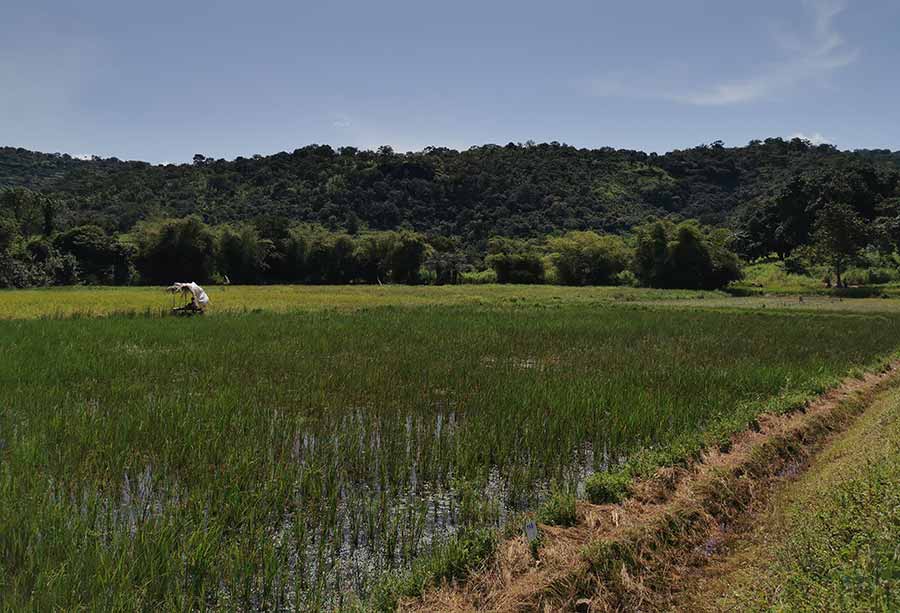
Crops including rice benefit from regular rainfall © MAG/Philip Case
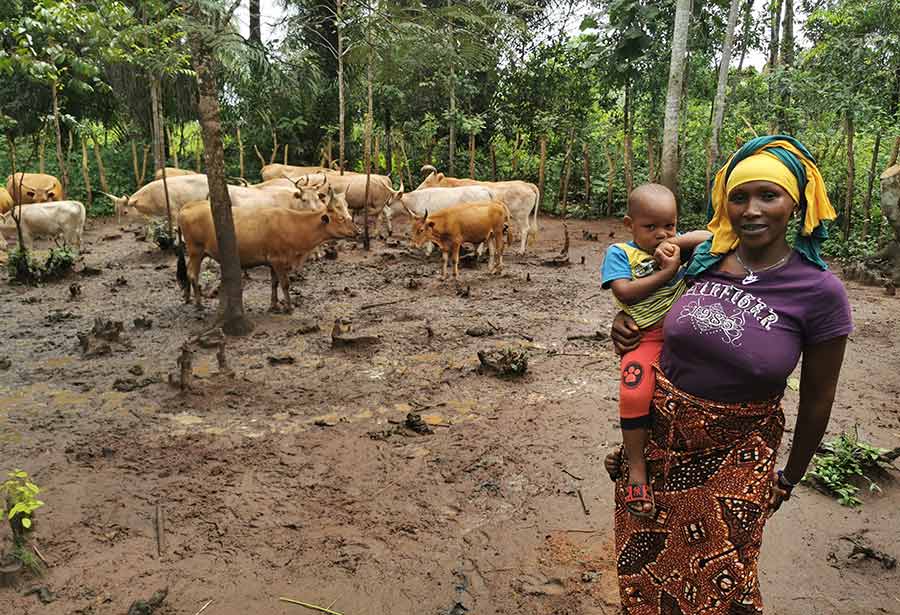
A livestock farmer’s wife with her son © MAG/Philip Case
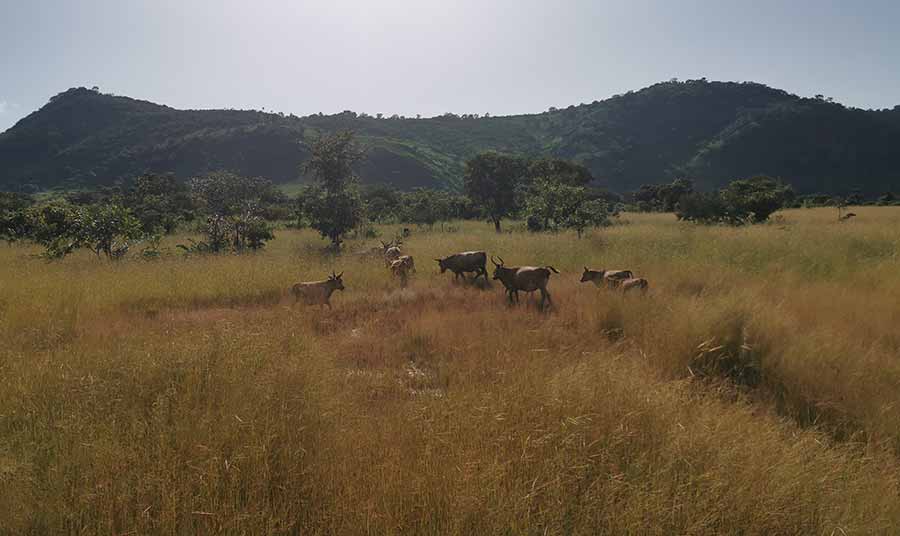
Cattle roaming free in the Guinean countryside © MAG/Philip Case
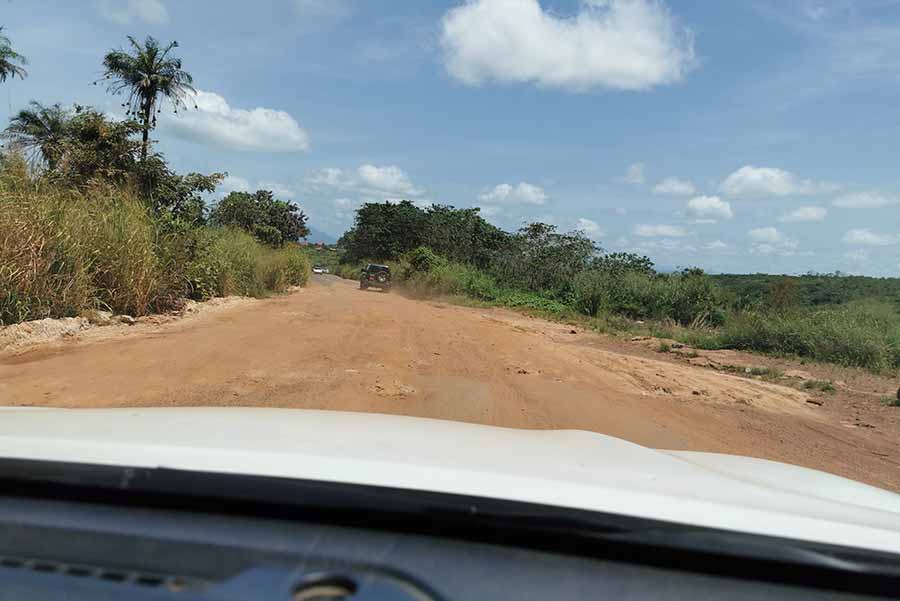
Poor roads are an obstacle to development of farming. Guinea’s land area, at 95,000 sq m, is almost the same as the UK © MAG/Philip Case
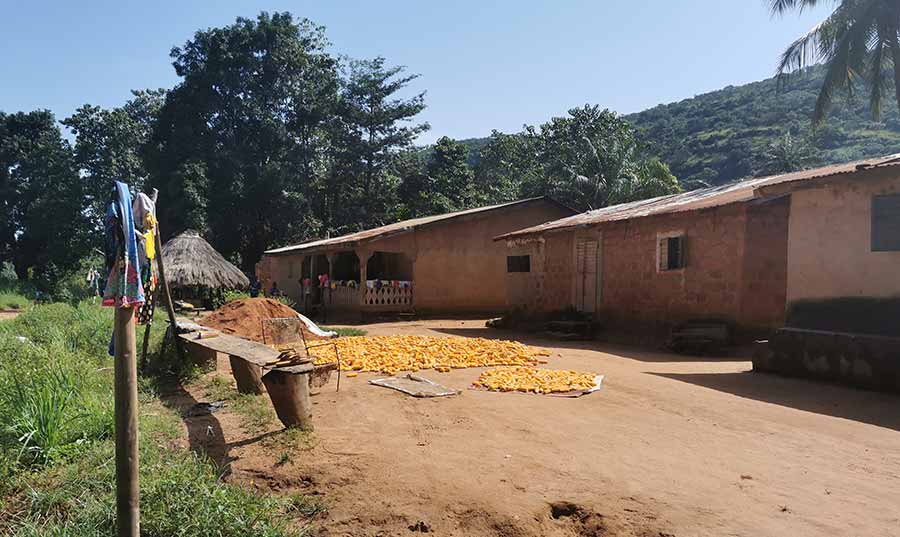
Harvested maize drying in the sun © MAG/Philip Case
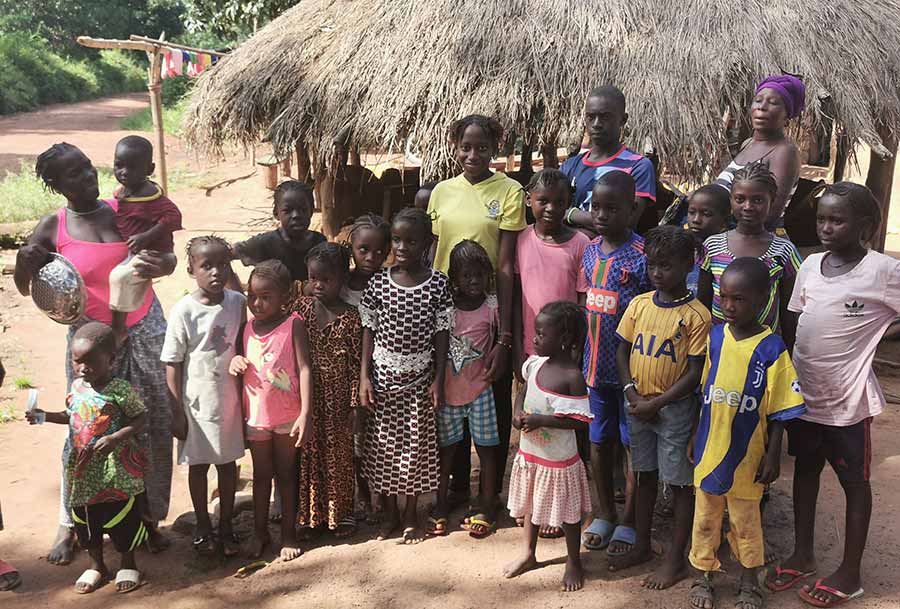
An extended Guinean family in a rural area near Kindia © MAG/Philip Case

